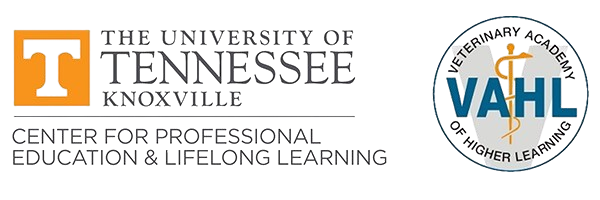"Essential Facts of Equine Physical Therapy, Rehabilitation and Sports Medicine"
Find all the information here
Read more
SCIENTIFIC PROGRAM
Dominique Grandjean
Dominique Grandjean is a professor at the national veterinary school of Alfort (France), where he works as Head of the canine breeding and sport medicine unit. As a faculty in Alfort he has been focusing most of his work on dog’s nutrition and working dogs’ performance for the last 40 years, with a special attention to oxidative stress prevention and consequences. He was also a colonel veterinarian for the Paris Fire Brigade (military unit, 9500 firefighters) from 1993 to 2021, in charge, among other tasks, of the canine search and rescue teams, of the management of dangerous animals, and of biological hazards. Dominique is also national and regional technical advisor of the civilian security for both cynotechnics and biological hazards, and advisor for civilian security working dogs (Ministry of the Interior). He is Head of the Nosaïs medical detection dogs’ program since 1998. This program works on high-risk prostate cancers, colon and pancreas cancers, Parkinson disease, but did also demonstrate that dogs were able to detect COVID-19 on humans. He created in 1999 and then developed a national post-graduated diploma on disaster and environment veterinary medicine and is also Professor at the national superior school for firefighter’s officers. He is the former President for the National Association of Firefighters Veterinarians. His unit at the vet schoolworks on a daily base with national police, gendarmerie, and army canine units, and now mainly on medical detection dogs. As a researcher his works are focused on the consequences of stress and hostile environments (warm, cold, altitude) in the working dog, with a deep involvement in sled dog long distance races since 1980, and in search and rescue dogs since 1990. His unit (Unite de Médecine de l’Elevage et du Sport –UMES-) also includes a physiotherapy service (including a specialization diploma on the subject) and a dedicated sub-unit for canine collectivities veterinary problems. Dominique already published more than 190 scientific peer-reviewed papers on working dog physiology, nutrition and medicine, and a total of 30 books all related to this area. He now focuses his research on human diseases detection by canine olfaction. He has been a board member for the International Working Dog Association and is a member of the International Sled Dog Veterinary Medical Association since…the dark ages. He is Race Director for Lekkarod international Sled dog race, has been an Iditarod veterinarian from 1983 to 1995, as well as chief vet for the late Scandream, Nenana Come Back, Alpirod and numerous European and World championships.
 Information about cookies
Information about cookies